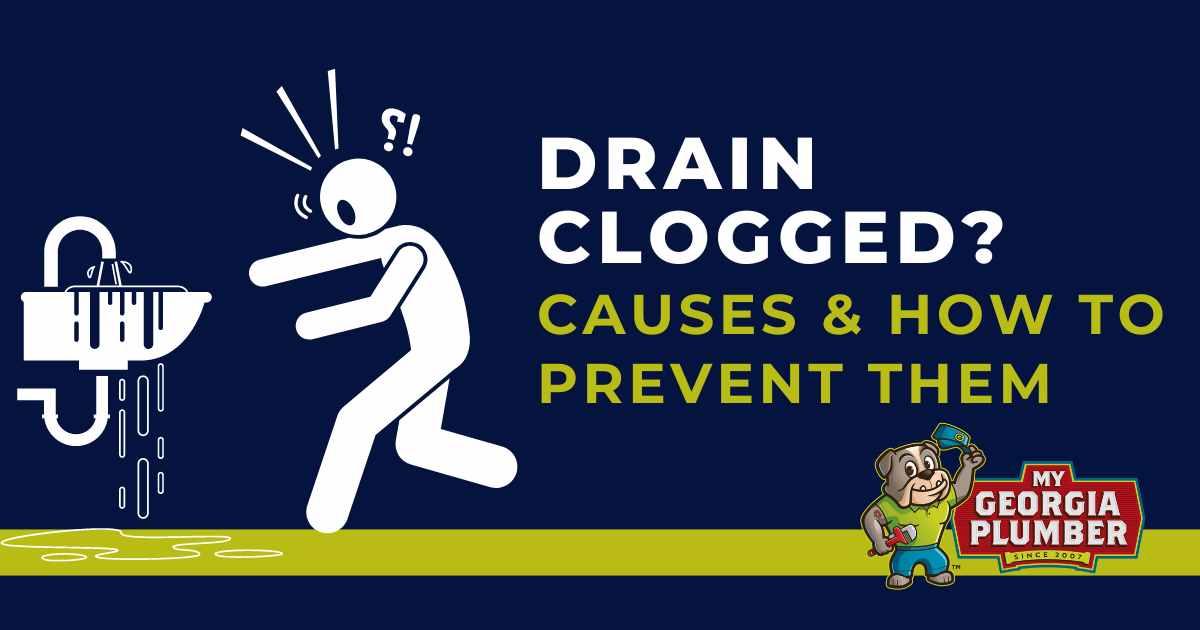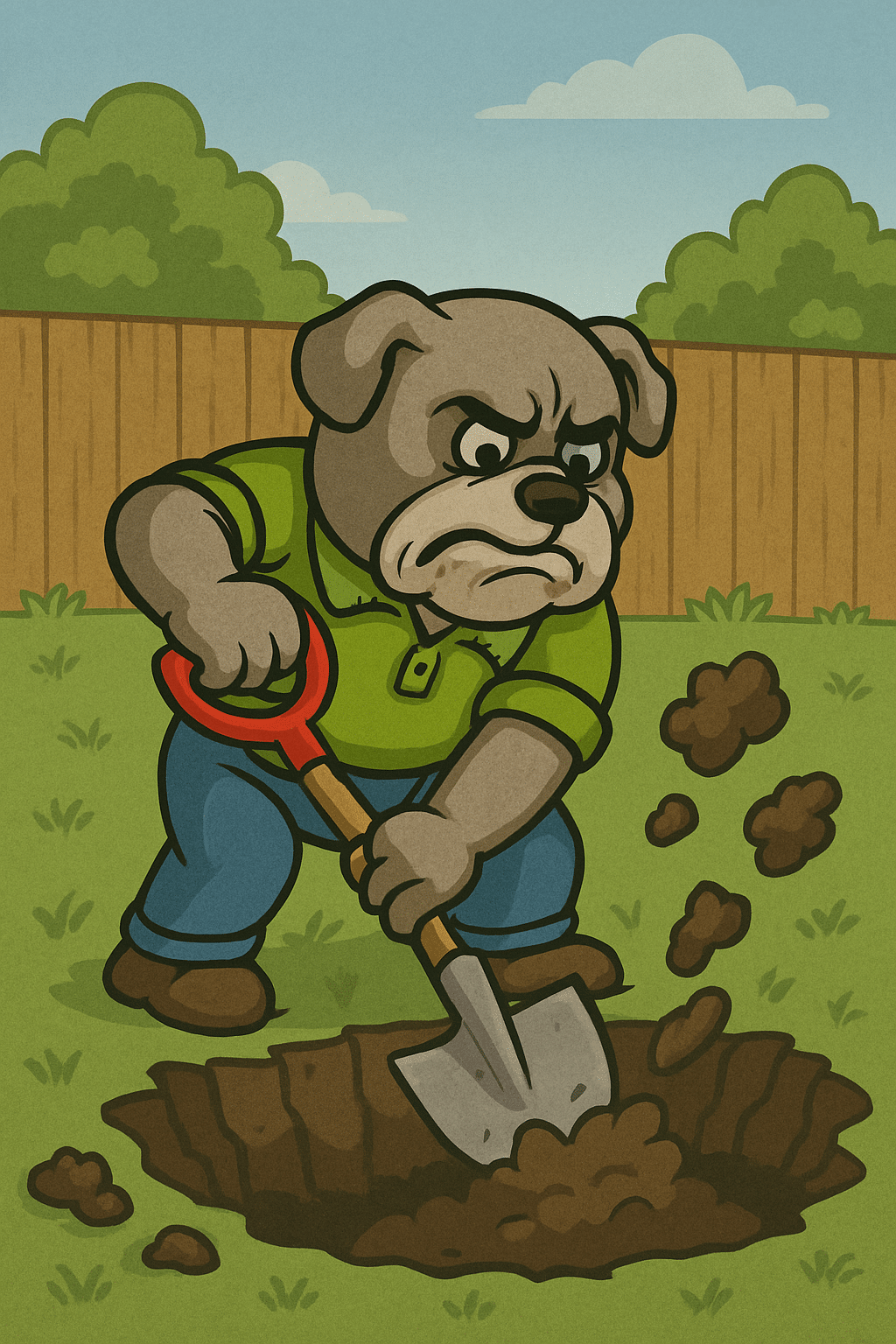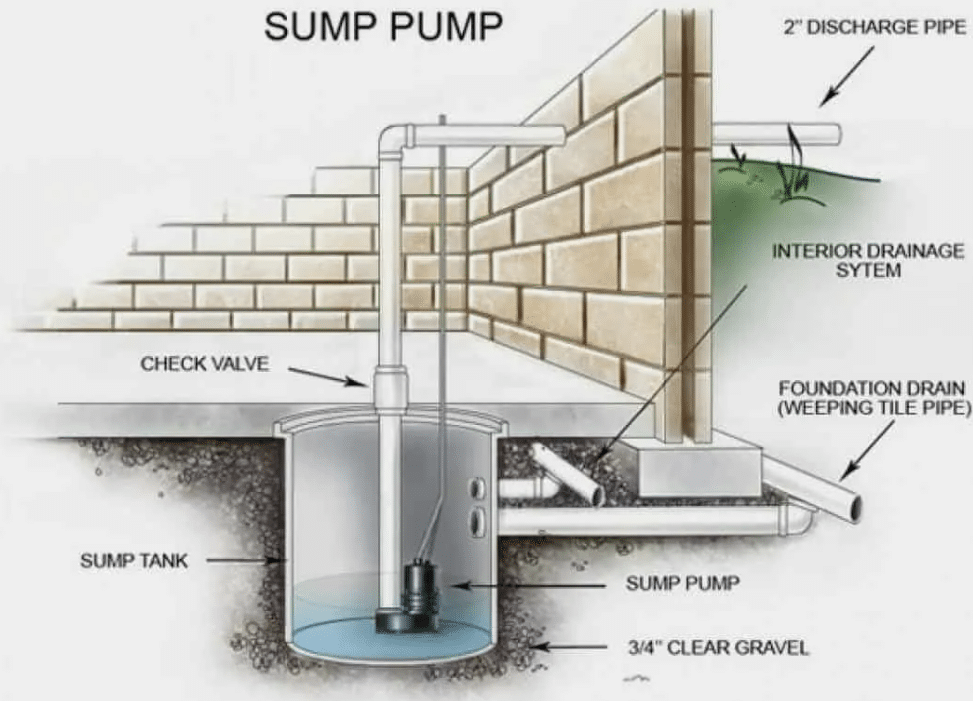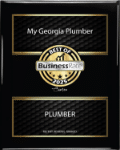
Let’s face it—clogged drains are frustrating. Whether it’s water pooling in the shower or a kitchen sink that won’t drain, plumbing problems always seem to pop up at the worst time. But here’s the good news: most clogs are preventable, and it doesn’t take fancy tools or expensive cleaners to stay ahead of them.
Here’s a breakdown of the most common drain problems—and real-world ways to fix or avoid them.
Hair Clogs: What to Watch for in the Bathroom
Hair is probably the number one cause of bathroom drain clogs. It doesn’t take much, especially in showers, to start building up inside your pipes. Over time, it tangles with soap and sticks to the walls.
Try this:
-
Install a drain strainer in your tub or shower
-
Clear it out after each use (it takes five seconds!)
-
Flush the drain with hot water once a week
Soap Scum: More Sneaky Than You’d Think
Soap residue seems harmless, but it slowly coats your pipes with a film that hardens over time. That build-up doesn’t just slow down drainage—it attracts more grime.
Keep it in check:
-
Run hot water after each shower or sink use
-
Once a month, flush the drain with a mix of baking soda and vinegar
-
Avoid dumping leftover shampoo or conditioner down the drain
Grease Buildup: The Kitchen’s Worst Offender
If you’ve ever poured bacon grease down the sink, you’re not alone—but it’s one of the fastest ways to clog your kitchen drain. Grease hardens as it cools, sticking to your pipes like glue.
Instead:
-
Let the grease cool, then toss it in the trash or recycle it properly
-
For light buildup, use a baking soda + vinegar rinse, followed by boiling water
-
Never pour oil, butter, or fatty sauces down your drain
Food Scraps: Garbage Disposal ≠ Trash Can
Garbage disposals help, but they’re not built to handle full dinner plates. Food scraps—especially things like rice, pasta, eggshells, and coffee grounds—can cause major slowdowns or blockages.
Do this instead:
-
Scrape leftovers into the trash before rinsing dishes
-
Run cold water while using the disposal, and for a few seconds after
-
Avoid fibrous foods like celery or potato peels—they tangle the blades
Toiletries & Product Buildup
Shampoos, conditioners, and body washes can all leave a slick residue inside your pipes. It adds up, especially in slow-draining tubs or sinks.
A few easy fixes:
-
Pour hot water down your bathroom drains once a week
-
Use a baking soda rinse to break down product buildup
-
Wipe out sinks and tub edges to keep residue from washing straight into the drain
Tree Roots: The Underground Culprit
Sometimes the problem isn’t inside the house. Tree roots can creep into your underground sewer lines through tiny cracks, growing until they block everything.
If you’re noticing repeated clogs, strange gurgling sounds, or multiple fixtures backing up at once, it’s time to call a plumber.
My Georgia Plumber can help:
-
Camera inspections to confirm root intrusion
-
Safe root removal without damaging your lines
-
Sewer line repair or replacement, if needed
Chemical Cleaners: Use with Caution
While drain cleaners promise quick fixes, they can corrode pipes and leave chemical residue behind, making future clogs more likely.
A better approach:
-
Choose eco-friendly, non-corrosive cleaning products
-
Rinse with hot water after use
-
Stick to natural cleaners like baking soda and vinegar when possible
Stay Ahead of Clogs with Proactive Maintenance
Keeping your drains clear doesn’t have to be a hassle. A little routine attention goes a long way.
Here’s your monthly maintenance checklist:
-
Use drain strainers in the bathroom and kitchen
-
Do a hot water flush once a week
-
Use a baking soda + vinegar rinse once a month
-
Avoid grease, large food particles, and heavy product use
Dealing with Recurring Clogs? We’ve Got You.
If you’ve tried the basics and your drains still act up, it’s time to bring in the pros. At My Georgia Plumber, we offer expert drain cleaning services that get to the root of the problem—literally.













